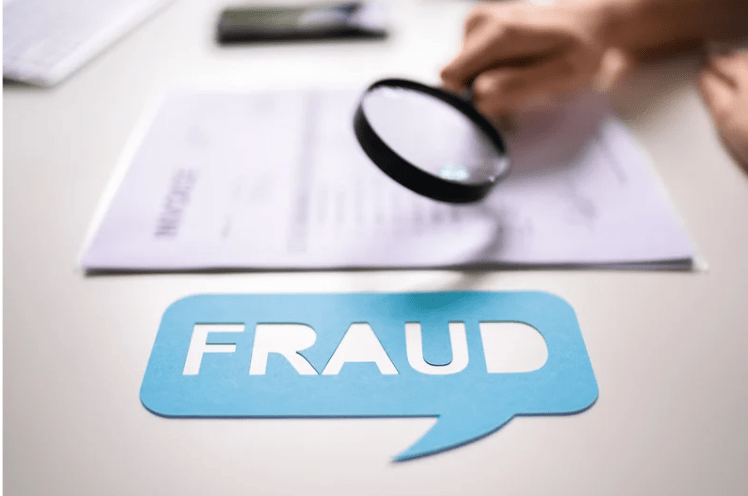Table Of Contents
Ok, you have filed your VA disability claim and the VA notifies you that they are scheduling you for a Compensation Pension (C&P) Examination. This examination is scheduled so that a medical/mental health expert can evaluate whether you have a disability, the severity of the disability and whether that disability is related to your military service. It may be a VA employee or a private expert that the VA has contracted with to perform the exam.
Below is a list of frequently asked questions with answers/tips for how best to prepare for your C&P examination.
Question 1: Do I have to go to the C&P examination, (especially if I’ve already give them a medical opinion from my treating doctor covering all this)?
The short answer is YES! If you fail to attend, the VA will simply deny your claim for that very reason.
Question 2: How long will the exam take?
It may last as little as twenty minutes or as long as an hour and a half. They are usually on the short end of that estimate.
Question 3: How do I prepare for the exam?
Below is a list of tips with Do’s and Don’t for a C&P examination that will help you prepare.
Tip: Be yourself.
Dress as you would on a typical day. It’s ok to wear jeans and a t-shirt if that’s what you normally wear. If you dress up more than normal the VA may use that to say you are functioning more normally than you really are.
Tip: Be aware.
The examiner may be watching you even as you come into the building.
Tip: Be honest.
The examiners will be looking at your medical records and will point out contradictions with your personal statements at the examination as a basis to say your statements aren’t credible. Don’t exaggerate your symptoms.
Don’t hold back on the symptoms you are experiencing. The severity of the symptoms you experience is in most instances the basis for a higher rating. If you minimize the symptoms you may minimize your rating. However, don’t be aggressive with the examiner in trying to tell them information when they aren’t interested. This may give the impression that you are over selling your case and could affect your credibility.
Tip: Be nice.
Don’t argue with the examiner even if you don’t agree with how the exam is being handled or what the examiners say. This can be difficult when the examination is very short and the examiner doesn’t appear to have any real interest in doing a thorough evaluation. Your fate at that moment is in the examiner’s hands so be nice!
Tip: Bring an ally.
Bring your spouse or a family member to the examination if the examiner will allow it. If they don’t, do not argue with them about it.
Tip: Be Prepared.
Is there anything I can do before the examination? Yes. Get your treatment records before the exam. VA records are free. Review them with your spouse or close family member to make sure they are consistent with what the other person has observed.
If you want more assistance to prepare for your C&P exam, contact us today.

Sleep Apnea – What to Know If You Were Exposed to Burn Pits
Sleep Apnea - What to Know If You Were Exposed to Burn Pits Recently, the passage of the PACT Act...

Is My VA Disability Considered Income?
Is My VA Disability Considered Income? Disabled veterans benefits can provide a critical source of...

VA Caregiver Support Program: What Veterans and Families Should Know
VA Caregiver Support Program: What Veterans and Families Should Know Written by Adam Zider: Senior...





